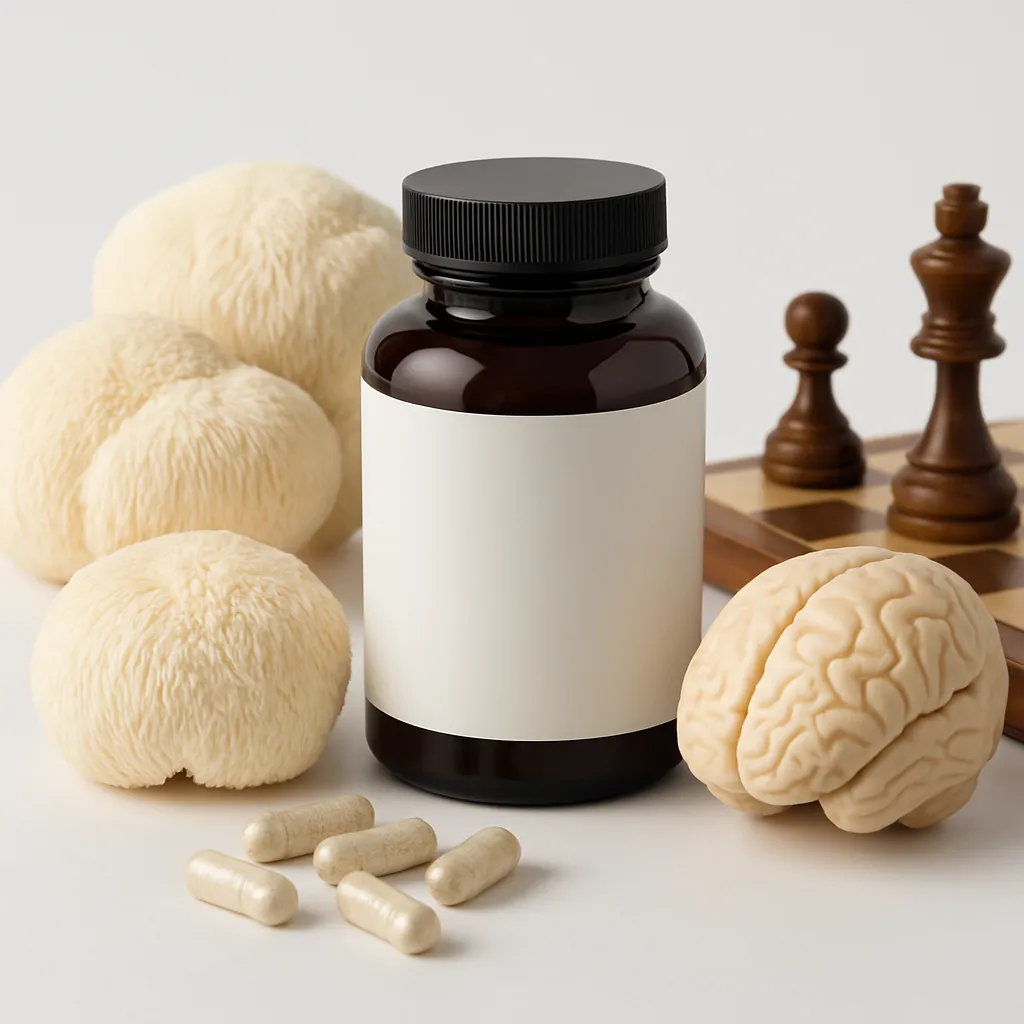Maximize Savings: Cost-Benefit of Immune Boosters for Cold Season

Table of Contents
Introduction
Like a championship football team preparing for a pivotal game, our bodies need the right nutrition to tackle the cold season head-on. However, as the temperature drops, so too can our immune defenses. This climatic transition can leave us more susceptible to colds and flu, making immune-boosting supplements essential to our seasonal playbook.
Why Immune Boosters for Cold Season Matter
Cold weather is like a double-edged sword to our immune system. It can reduce our body's ability to fight off infections and at the same time, increase the survival rate of viruses in the environment[1]. This makes immune-boosting supplements our best defense to keep our immune system in championship shape.
Essential Supplements for Immune Boosters for Cold Season
Vitamin C: Known as the 'quarterback' of immune boosters, Vitamin C helps stimulate the formation of antibodies and boosts immunity[2].
Zinc: This mineral acts as a key 'defensive lineman.' It helps slow down the immune response, preventing overactive inflammation that can lead to tissue damage[3].
Vitamin D: Often depleted due to reduced sunlight exposure in colder months, this 'special-teams player' aids in immune function and calcium absorption[4].
Echinacea: This plant extract is the 'coach' of immune boosters, orchestrating the increase of white blood cell count to fight infections[5].
Probiotics: These 'team trainers' help maintain gut health, a critical component of the immune system, by balancing friendly bacteria in the digestive system[6].
Seasonal Supplement Protocol
While every player brings value to a team, the timing and combination of their plays can determine the game's outcome. Similarly, the way we supplement can also affect their effectiveness.
Vitamin C: 500mg daily; best taken with meals for better absorption[2].
Zinc: 30mg daily; take on an empty stomach but if it causes discomfort, take with meals[3].
Vitamin D: 2000 IU daily; take with a meal containing fats for best absorption[4].
Echinacea: 400mg three times daily at the onset of cold symptoms; not recommended for regular use[5].
Probiotics: Follow label instructions; best taken on an empty stomach[6].
Complementary Seasonal Foods and Activities
A balanced diet rich in fruits and vegetables, coupled with regular exercise, can complement these supplements. A brisk walk in the park is like a team's regular practice session, keeping your immune system fit and ready for action.
Special Considerations and Precautions
While supplements can help boost our immune system, they're not without their fouls. Over-reliance or incorrect usage can lead to side effects. Always consult a healthcare professional before starting any supplement regimen.
Preparing for the Season
Preparation is key in sports and health. Start your immune-boosting supplement protocol at the onset of the cold season, and remember to pair it with a balanced diet and regular exercise.
Conclusion
Keeping our immune system in top shape during the cold season is like prepping a football team for a big game. With the right nutrients, timing, and lifestyle choices, you can help your body's defense tackle the cold season head-on.
References
[1]: Eccles, R. (2002). An explanation for the seasonality of acute upper respiratory tract viral infections. Acta Otolaryngologica, 122(2), 183–191. DOI: https://doi.org/10.1080/00016480252814207 [2]: Carr, A., & Maggini, S. (2017). Vitamin C and Immune Function. Nutrients, 9(11), 1211. DOI: https://doi.org/10.3390/nu9111211 [3]: Haase, H., & Rink, L. (2009). The immune system and the impact of zinc during aging. Immunity & Ageing, 6(9). DOI: https://doi.org/10.1186/1742-4933-6-9 [4]: Aranow, C. (2011). Vitamin D and the Immune System. Journal of Investigative Medicine, 59(6), 881–886. DOI: https://doi.org/10.2310/JIM.0b013e31821b8755 [5]: Karsch-Völk, M., Barrett, B., Kiefer, D., Bauer, R., Ardjomand-Woelkart, K., & Linde, K. (2014). Echinacea for preventing and treating the common cold. Cochrane Database of Systematic Reviews, 2. DOI: https://doi.org/10.1002/14651858.cd000530.pub3 [6]: King, S., Glanville, J., Sanders, M., Fitzgerald, A., & Varley, D. (2014). Effectiveness of probiotics on the duration of illness in healthy children and adults who develop common acute respiratory infectious conditions: a systematic review and meta-analysis. The British Journal of Nutrition, 112(1), 41–54. DOI: https://doi.org/10.1017/s0007114514000075
Disclaimer: This article is AI-generated for educational purposes only and is not a substitute for professional medical advice. Always consult with a healthcare provider before starting any supplement regimen.
Explore More Resources
Disclaimer: This article is AI-generated and for informational purposes only. While we strive for accuracy, the content may contain errors or omissions.
The information provided is not medical advice. Always consult with healthcare professionals before starting any supplement regimen or making changes to your health routine.
Important: The information provided in this article about supplements is for educational purposes only. It is not intended to diagnose, treat, cure, or prevent any disease.
FDA Disclaimer: These statements have not been evaluated by the Food and Drug Administration. Supplements are not intended to diagnose, treat, cure, or prevent any disease.
Related Articles

Unlock Value: Cost-Benefit Analysis of Pre-Workout Supplements
Uncover the true costs and benefits of Pre-Workout Supplements in our comprehensive guide. Boost your workouts intelligently. Read now!

Unlocking Value: A Cost-Benefit Analysis of Lion's Mane Mushroom
Explore the health benefits and cost efficiency of Lion's Mane Mushroom. Gain insights on this superfood's value in your daily diet. Click to learn more!

Pre-Workout Supplements Face-Off: A Comparative Guide on Fitness Boosters
Discover the power of pre-workout supplements in our comprehensive guide. Compare top fitness boosters & fuel your workout journey today. Don't miss out!